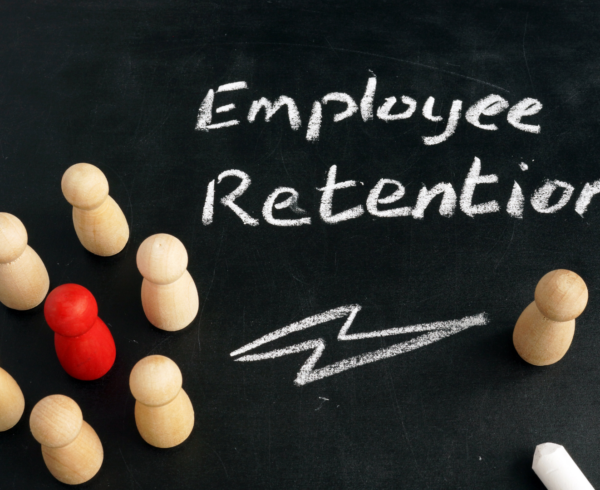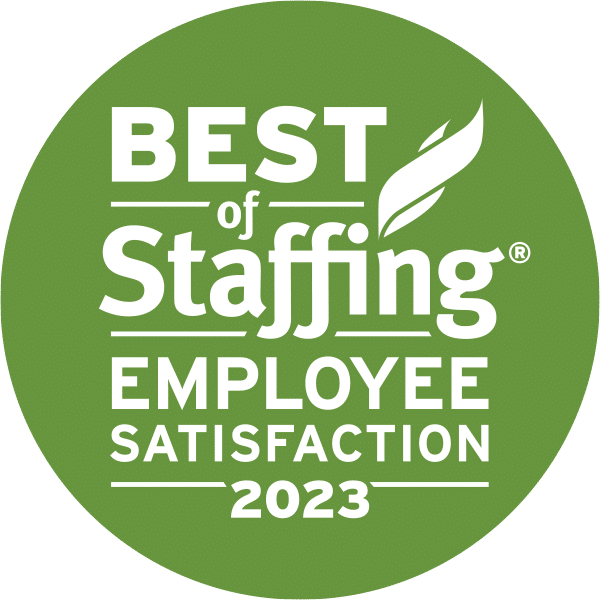A Post-Pandemic Workforce – Is Remote Work Here to Stay?
When coronavirus lockdowns were introduced, the shift to work-from-home was sudden and sweeping. While some US states have reopened and employees have returned to the office, many continue with work remotely regardless of state and local guidelines.
With the initial push to work from home being so abrupt, there was a rush to give employees access to the tools they needed to continue doing business as usual. After everyone began to settle into a new rhythm, it quickly became apparent that many employees could maintain productivity and employers realized that working from home could have some positive outcomes.
With so many employees still working from home, many want to know: Is work from home here to stay in a post pandemic world? Will employers require employees to return to onsite work or will the enhanced remote workforce during the pandemic be what finally shows employers that flexible and virtual work is the way to go?
How Employees Feel About Remote Work
When it comes to how employees feel about remote work, the feedback is generally mixed. Those who do prefer a work-from-home model say the list of benefits is quite lengthy.
The main reason we’ve see a sudden shift from office based to remote work in 2020 is due to the decreased exposure to illnesses. Whether that be an illness like the common cold or something as serious as the coronavirus, employees reduce their risk of exposing themselves to viruses and bacteria when working from home. A study from the Canada Life Group Insurance Company found that nearly 90% of employees have come into work while sick. Despite the reasoning behind coming to work while ill, this is a huge health and safety risk, especially amongst the COVID-19 pandemic.
Lessened commute time is another benefit many employees who prefer the work-from-home model have discovered. According to the Census Bureau, on average, Americans spent roughly 27 minutes on their one-way commute to work in 2018, equating to over 200 hours spent commuting per year. Remote work allows for a lessened commute time giving employees their time back and allowing them to structure the day how they want. According to a CNBC study, 47% percent of employees said the time they would normally spend on commuting has now been used to spend more time with family, catch up on sleep, spend more time enjoying their hobbies, and ultimately, getting more work done. All these benefits lead to a better work-life balance. Remote work opens the opportunity for more flexibility with schedules, and to employees this means the ability to start and end their day when they choose as long as their work is complete, and outcomes are strong.
Other benefits include location independence, impact on sustainability, money savings, and an overall happier and healthier work life. According to a study by the American Sociological Review, remote, flexible workers tend to be happier and more loyal employees. The study concluded that the workers with flexible schedules slept better, felt healthier, and reported experiencing less stress.
While many employees thoroughly enjoy the work-from-home model, others don’t believe it is effective at all. Their struggle with overworking, time management, interruptions, loneliness, and lack of communication, have all had negative effects on their ability to do their job.
How Employers Feel About Remote Work
Countless employers have found that remote work has been a lifeline for their businesses amongst the COVID-19 pandemic. They were able to protect themselves and their employees by transitioning them to a work-from-home model all while keeping their business afloat despite the economic uncertainty.
While companies like Facebook and Google have extended their work-from-home policies until mid to late 2021, and Twitter has given their employees the option to work from home indefinitely, other businesses are unsure of the idea of not having their employees in office. One of the unintended consequences (and possible benefits) of moving to a remote workforce is companies have the opportunity to reduce operating expenses like office space rent, especially in areas of the US where properties are at a premium.
A few obstacles to implementing a flexible workplace policy outlined by employers are privacy concerns, data security, and technology requirements. In some cases, there can be technical reasons behind remote work resistance, a major barrier is simply the fear of changing a company’s longstanding non-flexible work culture. Managers of remote teams are worried that productivity, team cohesiveness, and employee focus will decline if employees are working remotely. Another concern is that employees will face more distractions than ever, especially those with kids who are learning virtually.
Although many companies have a clear understanding of the benefits of flexible working, others are optimistic to return to a post-pandemic office-based workforce in which teams collaborate in-person.
Is WFH Here to Stay?
According to the Global Workplace, 25-30% of the workforce will work at home on a multiple-days-a-week basis by the end of 2021, and business publishing company, getAbstract, found that 43% of full-time employees say they want to continue to work remotely even after the economy fully reopens.
Although there is no way to know what the future of work will look like once the pandemic ends, a poll by Citrix found that over a third of workers expect their employers will embrace and encourage more remote work and approximately 28% plan on looking for a new job that allows virtual work flexibility. This same poll also found that a third of workers would like to return to the office. It’s not a surprise that results are mixed, but the numbers do indicate that more employees will be looking for remote opportunities than ever before.
Whether you love the idea of working from home, or you’re still unsure about it, the reality of today’s world is that remote work may be part of our “new normal” much quicker than we expected.
Have any thoughts about the remote work and the virtual workforce? We’d love to hear from you.





















